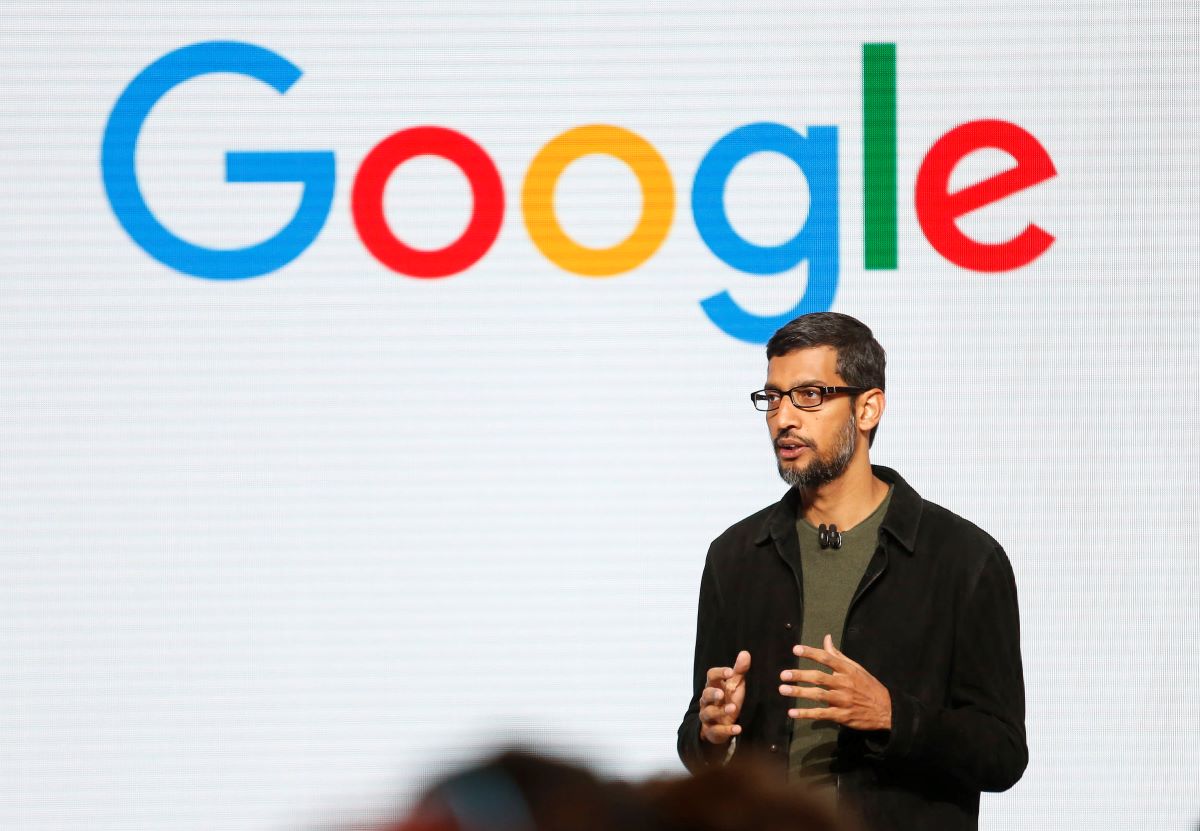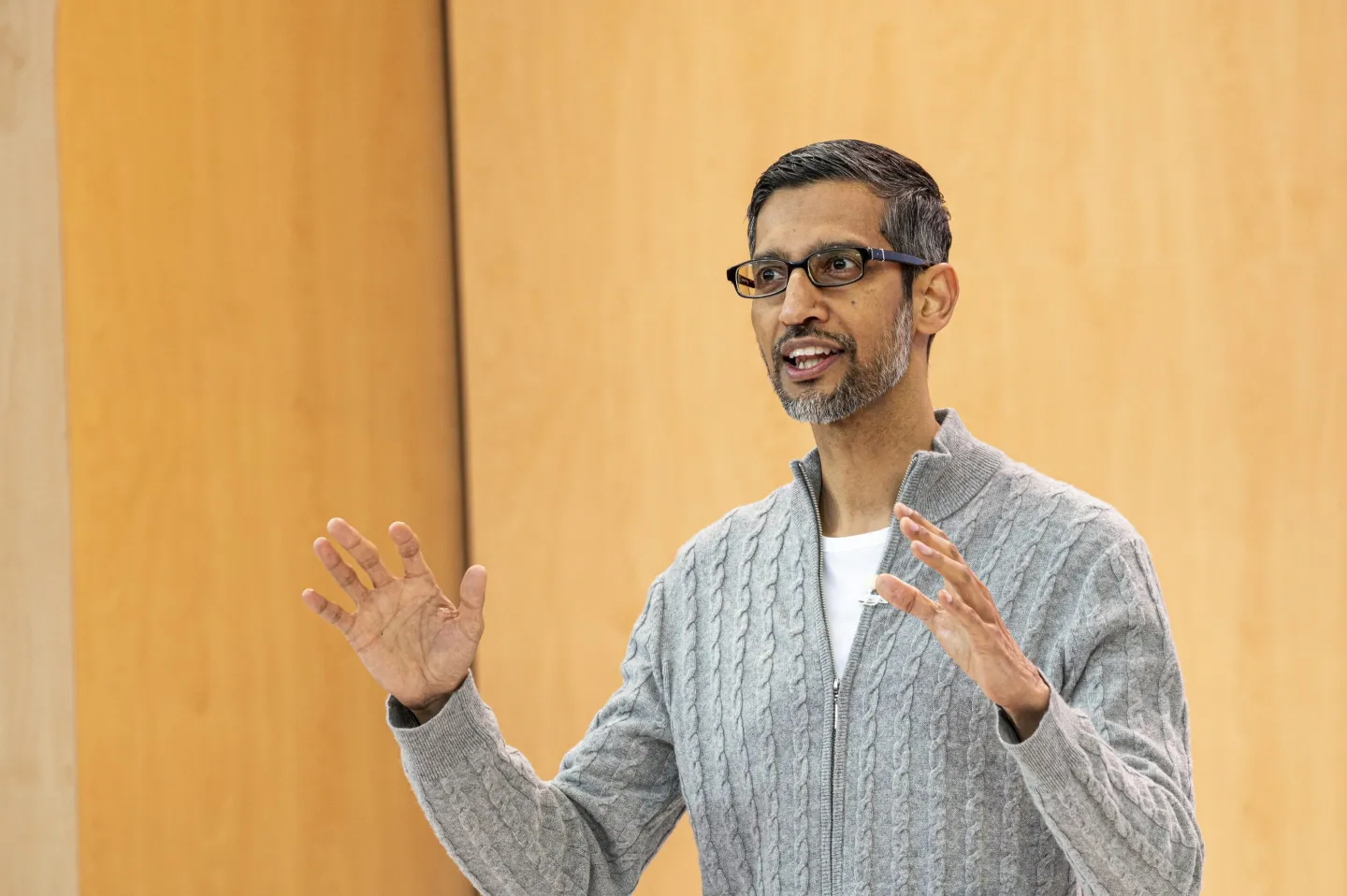Google CEO Sundar Pichai, who is actively working on automating human labor at a massive scale, seems puzzled as to why anyone would suggest that AI might replace human workers.
“If you believe it’s a platform shift, this might be the first platform shift that regulators understand because it’s very obvious what kind of labor will be displaced,” said Patel.
“Lawyers, mostly, is what I gather, right? They can see, okay, a bunch of white-collar labor will go away, like a C-plus email about a transaction, entire floors of those people can be reduced.”
Patel’s question is grounded in reality. Some industries have already seen job losses, and a recent Goldman-Sachs memo estimated that roughly 300 million jobs could feasibly be delegated to AI.
Pichai, however, seemed unprepared to address this concern directly.
“For 20 years of tech automation, people have predicted all kinds of jobs would go away,” Pichai responded, noting that “movie theaters were supposed to end” due to tech innovation.
This comparison is notable, given that theater attendance has steadily declined since 2002 and that Hollywood is currently dealing with a writer’s strike where AI is a major issue.
When Patel pointed out the decline in the film industry, Pichai appeared at a loss for words.
“There’s always going to be… Unemployment over the last 20 years of tech automation hasn’t fully;
Twenty years ago, when people exactly predicted what tech automation would do, there are very specific pronouncements of entire job categories which would go away,” Pichai said, seemingly flustered. “That hasn’t fully played out.”

“I don’t know. I don’t know,” he later added. “So it’s not exactly clear to me how all this plays out.”
Elsewhere, Pichai mentioned that “new professions [are] constantly getting created,” though he acknowledged that “big societal labor market disruption” will occur and “governments need to be involved.”
“But I think we shouldn’t underestimate the beneficial side of some of these things, too,” he added. “And it’s complicated, is maybe how I would say it.”
To his credit, it’s true that no one really knows what’s on the other side of the AI hype wave.
Still, Pichai’s response to the automation question is somewhat disappointing. Several industries, including journalism, video game design, and tech, have already replaced human labor with automated tools, leading to layoffs.
Currently, it seems AI could significantly impact the labor market, and Google will have played a crucial role in that.
It’s not that Pichai needs to be particularly sympathetic about layoffs. But since this is one of the biggest questions the public is asking about AI, and he’s the CEO of a company that practically controls the internet, Pichai’s vague response feels inadequate.
In fact, he sounded deflated. “There’s a new technology,” Pichai told The Verge. “It has a chance to bring unprecedented benefits. It has downsides. I think you are right.”
“I think we need to think about it,” he added. “We need to anticipate as early as we can.”







Leave a Reply